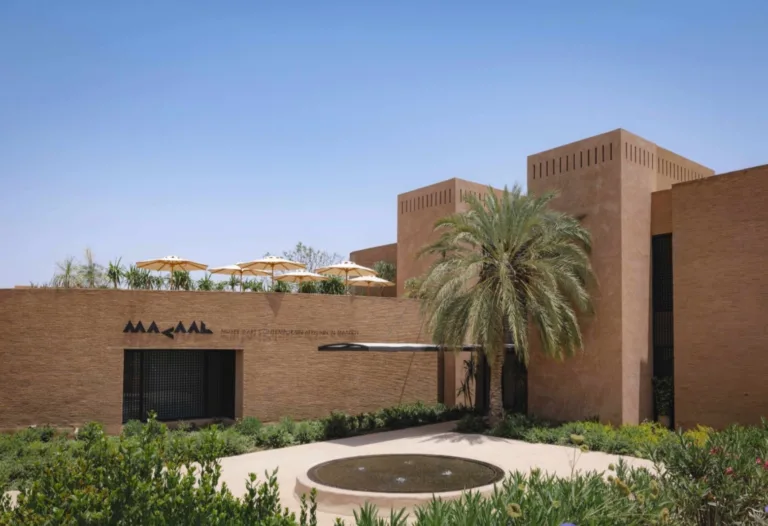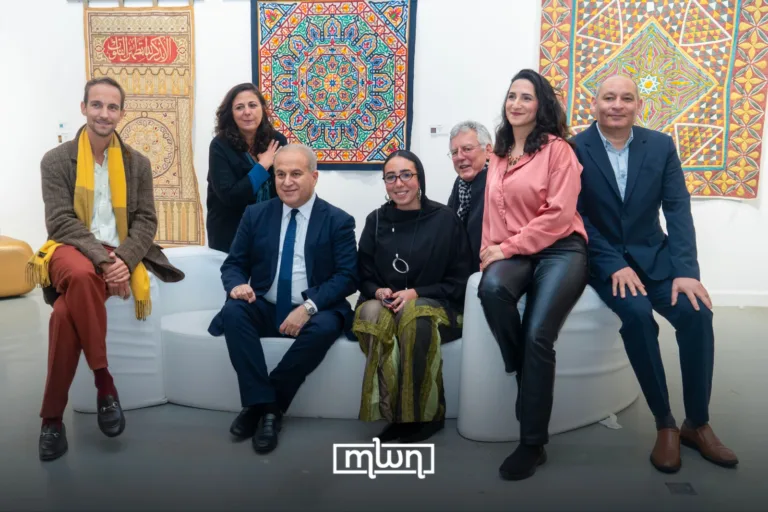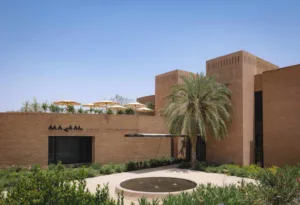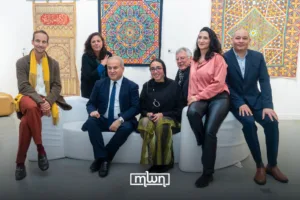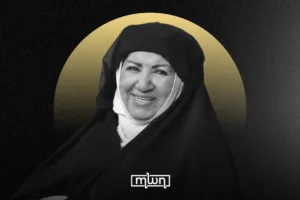Rabat – The UN Educational, Scientific, and Cultural Organization (UNESCO) has announced today that Tangier will be the global host city for the 2024 International Jazz Day.
UNESCO General Director Audrey Azoulay, and as well as the organization’s Goodwill Ambassador Herbie Hancock said in the press release that “are pleased to announce that Tangier will host the global concert organized on this occasion and will be the flagship city for the festivities.”
Quoted in the statement, Azoulay said that the designation enables Tangier to become the “very first city in Africa” to lead the International Jazz Day. The event is deemed the largest and most prestigious global event dedicated to jazz.
The festivities, which will take part in the initiative of the Ministry of Culture and the municipality of Tangier, will take place from April 27-30.
The event seeks to highlight the jazz heritage in Tangier as well as the cultural and artistic ties uniting Morocco, Europe, and Africa.
The event will also feature educational activities for students of all ages, highlighting Morocco’s Gaaoua music and its connection with jazz.
Conferences and other events will also take place as part of the festivities to highlight jazz history and its influence in Tangier.
The grand global concert will take place at the Arts and Culture palace, the new architectural emblem of the city, UNESCO said, adding that it will be broadcast on its social platforms as well as the UN YouTube, Facebook, and websites.
The calendar will include an All-Star Global Concert featuring ma Gnaoua artist Abdellah El Gourd, as well s other musicians from across the world, including Claudia Acuna from Chile, Ambrose Akinmsire from the US, Lakecia Benjamin from the US, Richard Bona from Cameron, and Tarek Yamani from Lebanon, among many other artists.
“At the crossroads of Europe and Africa, the city of Tangier is renowned for being a melting pot of cultural expressions,” UNESCO said, noting that International Jazz Day brings together countries and communities from around the world every year on April 30.
The event was established by the UNESCO General Conference in 2011 and recognized by the UN General Assembly. It reaches over two billion people annually on all continents.



